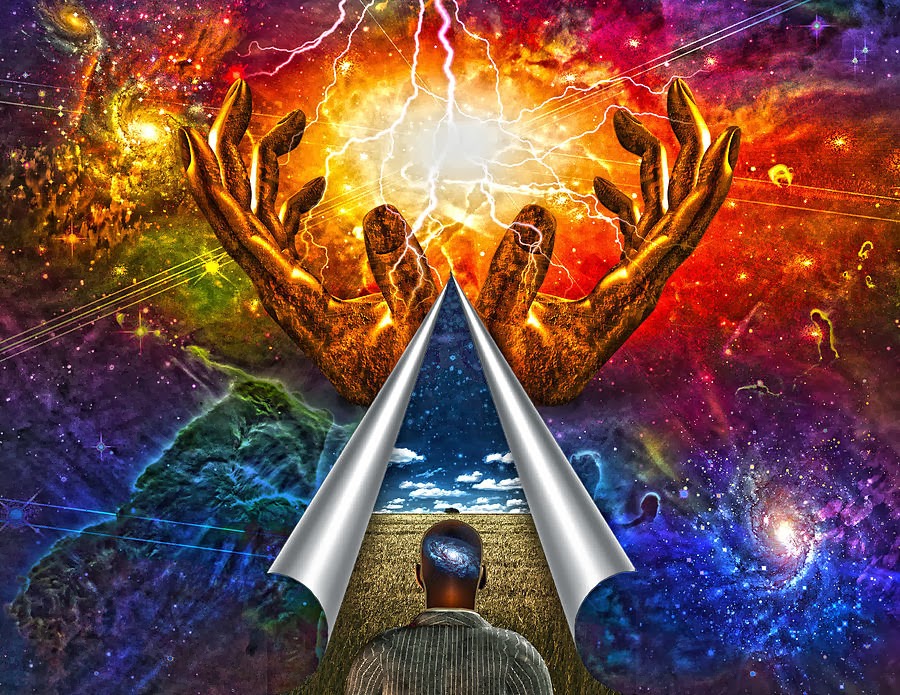


We can’t see spirituality, only physicality. The same is true regarding our experience of Hashem and the spiritual. Through your words, actions, facial expressions, and body language, other people experience what’s going on inside of your body, inside of your head, inside of you. The only way they can understand you is by relating to how you express yourself and your internal world through your physical body. They’ve never seen your thoughts, your consciousness, or your emotions. All they have ever seen is your physical body.
#Greek iso the transcendent how to#
If you’re wondering how to understand this concept, consider the way other human beings experience, relate to, and understand you. Thus, we are able to understand and experience the spiritual through the physical, as the two are intrinsically connected. The same is true regarding the physical world, it stems from a spiritual root, a transcendent dimension. From that single cell a fully developed and expressed human being ultimately manifested. Similarly, each and every one of us was once a zygote, half and male and half a female genetic code. The projector and film are the source, the image on the screen is the expression. To give an analogy, imagine a projector: the image you see on the screen is emanating from the projector. This means that the physical world is an emanation and expression of the Torah, the spiritual root of existence. This is the meaning behind the famous Midrash, “Istakel bi’oraisa, u’bara alma”, Hashem looked into the Torah and created the world (Bereishis Rabbah 1:1). In other words, our physical world is a projection and emanation of a deeper, spiritual reality. This principle applies to all spirituality we believe that the spiritual and transcendent is deeply connected to the limited and physical world. Hashem is transcendent, completely beyond our physical world of time and space, and yet, He is also immanent, within our physical world. The Jewish approach, as explained by the Rambam, Maharal, Ramchal, and others, is a beautifully nuanced blend of these two approaches. How do we understand and perceive Hashem? Is Hashem within time and space, limited to this world alone, as Pantheists believe? Or is Hashem completely transcendent, beyond time, space, and this physical world, as many of the ancient philosophers believed? How can we understand this contradiction? In order to explain it, we must first develop a deep spiritual principle. According to both of these sources, it seems as though Greek culture does not contradict Judaism, but is meant in some way to complement it, harmonizing with Jewish ideology. In a similar vein, the Gemara (Megillah 9b) states that despite the general prohibition of translating the Torah into different languages, it is permissible to translate the Torah into Greek due to the beauty of the language. This seemingly paints the Greeks in a positive light, as a beautiful nation fitting to dwell within the framework and boundaries of Judaism. Yefes is the precursor to the Greeks, and Shem to the Jews. In Parshas Noach, Noach blesses his two sons, Shem and Yefes, with a seemingly peculiar bracha: “Yaft Elokim l’Yefes, v’yishkon b’ohalei Shem,” Hashem will grant beauty to Yefes, and he (Yefes) will dwell within the tents of Shem. However, if we take a deeper look into Jewish literature, we find a strikingly different picture of the Greek nation and their culture. For this reason, the Jewish People went to war against the mighty Greek army, and to this day we carry on that fight against Greek culture, a culture that we view as damaging and antithetical to Judaism. This was the Greek attack on the Jewish People: a distortion of truth, a darkening of knowledge and perception. Physical darkness prevents physical clarity, spiritual darkness prevents spiritual clarity. Darkness represents a lack of clarity, the inability to perceive true form. The Midrash says that the Greeks attempted to darken our eyes- “hichshichah eineihem” (Bereishis Rabbah 2:4). Yavan, the Hebrew name for the Greeks, means quicksand (Tehillim 69:3)- the Greeks sought to “drown” us in their secular culture, replacing spirituality with atheism and hedonism. They aimed to cut off our connection with Hashem and replace it with the worship of the natural, physical world. Chanukah is when we tap into the spiritual debate between the Jews and the Greeks, as the Greeks specifically attempted to destroy our spiritual way of life. Spiritual debate has been a recurring phenomenon since the beginning of time.


 0 kommentar(er)
0 kommentar(er)
